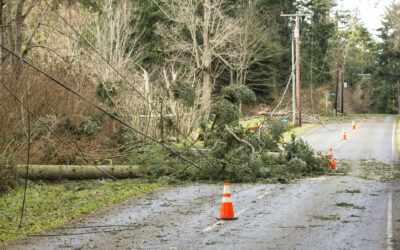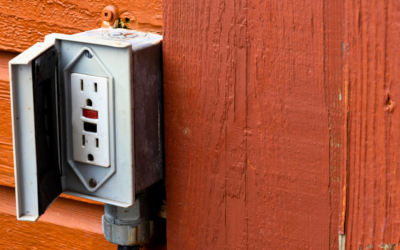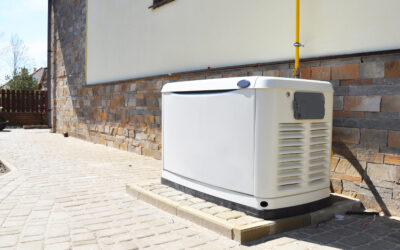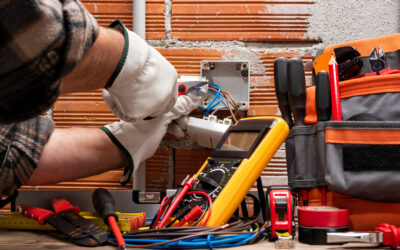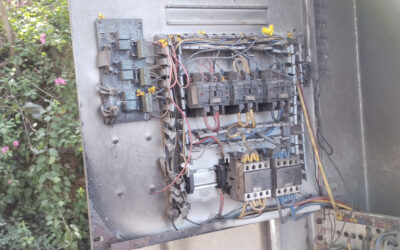Power Outages Are Increasing – Is Your Home Ready?
Power outages have long been a concern for rural communities, where infrastructure challenges and remote locations make them more susceptible. Recent trends indicate that this issue is no longer confined to the countryside. Homeowners across Ontario, from bustling...
Spring Electrical Safety Checklist for Homeowners
As winter gives way to warmer weather, it’s the perfect time to do more than just clean out the garage or rake the yard. Spring is also the ideal season to give your home’s electrical system a once-over. Why? Because colder months can cause wear and tear on wiring,...
Why You Shouldn’t DIY Electrical Repairs In Your Office
If you've ever thought, “Can I just do this myself?” when something electrical goes wrong at work, you’re not alone. But before you search for a tutorial or grab a screwdriver, it's important to ask, “Why should I not DIY electrical repairs in my office?". The answer...
How To Extend The Lifespan Of Your Home’s Electrical System
Your home’s electrical system is one of its most important components, powering everything from lights and appliances to heating and cooling systems. However, without proper maintenance, electrical components can wear out prematurely, leading to safety hazards, higher...
What To Consider Before Installing Outdoor Electrical Outlets
Adding outdoor electrical outlets can make your backyard, patio, or garden more functional. Whether you need power for landscaping tools, holiday lights, or an outdoor entertainment area, installing outdoor electrical outlets allows for convenience and flexibility....
What Size Generator Do You Need For A Well Pump?
Choosing the right generator size for your well pump is crucial. If your generator is too small, your pump won’t run efficiently—or at all. If it’s too large, you may end up overspending on an unnecessarily powerful unit. So, what size generator do you need for a well...
How Often An Electrician Should Inspect Your Electrical System
Regular electrical inspections are crucial for maintaining the safety and efficiency of your home's electrical system. Many homeowners wonder, "How often should an electrician look at my electrical system? ". The answer depends on several factors including the age of...
Choosing The Right Electrical Contractor for Your Business: Key Considerations
When it comes to electrical work for your business, hiring the right professional is crucial. Whether you need new installations, system upgrades, or ongoing maintenance, the decision can directly impact your operations, safety, and bottom line. You might find...
Understanding the Difference Between Circuit Breakers and Fuses
When it comes to protecting your home’s electrical system, you’ve likely heard about both circuit breakers and fuses. While they serve the same purpose — preventing electrical overloads and potential fires — their design and functionality differ significantly. For...
What Are The Signs Of A Defective Circuit Breaker?
A circuit breaker is a crucial component of your home’s electrical system. It’s designed to protect your home by shutting off power when there’s an overload, short circuit, or other electrical issues. But what happens when the circuit breaker itself becomes faulty?...

